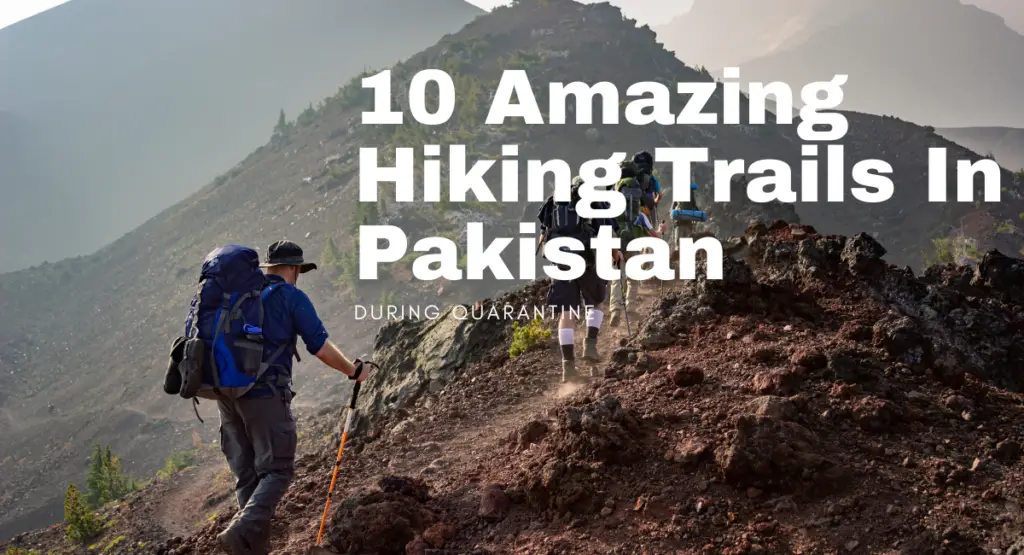A journey along the Karakoram Highway, the world’s highest paved international road. exploring the Karakoram Highway, from Pakistan’s mountainous north to China’s ancient silk routes. Karakoram Highway isn’t just a journey through some of the world’s most stunning landscapes; it’s also a passage through a culinary corridor rich in flavors and traditions. This route, extending from Pakistan to China, introduces travelers to a variety of local cuisines, each reflecting the unique cultural and geographical aspects of the regions it traverses. Here’s a more detailed and accurate exploration of the gastronomic delights along the Karakoram Highway.
exploring the Karakoram Highway
1. Gilgit-Baltistan: Flavors of the Mountains
- Regional Specialties: The cuisine here is heavily influenced by South and Central Asian culinary traditions, with a focus on hearty, warming dishes suited to the mountainous terrain.
- Must-Try Dish:
- Chapshoro: A local version of the empanada, filled with a spiced mixture of minced meat, onions, and tomatoes, cooked over a flat pan.
- Harissa: A slow-cooked wheat and meat porridge, often seasoned with local spices and consumed as a winter staple.
- Local Beverages:
- Salted Butter Tea: A staple, especially in the higher altitudes, providing both sustenance and warmth.
- Apricot Kernel Oil: Used in cooking and as a dressing, it’s a unique product of the region’s abundant apricot orchards.
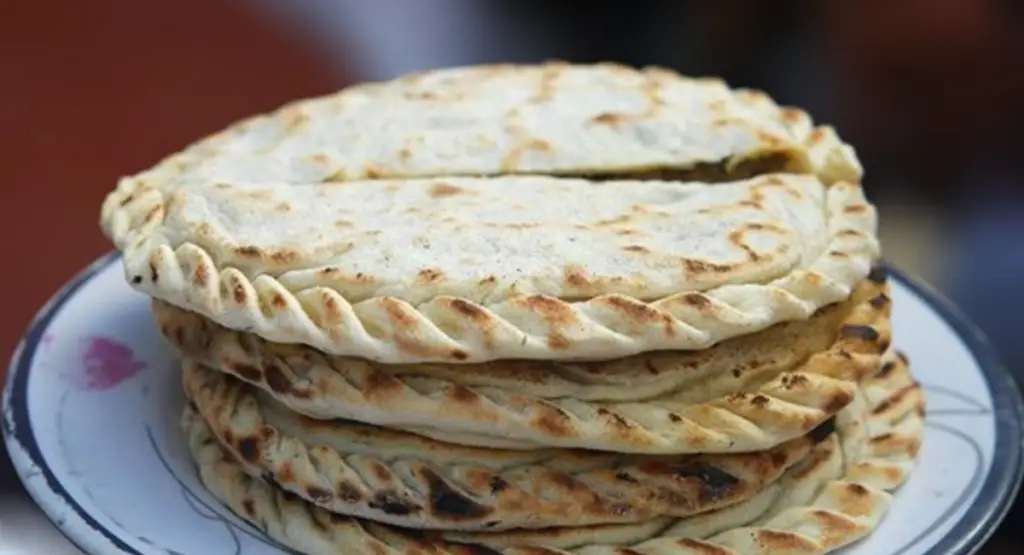
2. Hunza Valley: Organic and Apricot Rich Cuisine
- Regional Specialties: The diet here is known for its use of fresh, organic ingredients, with a heavy emphasis on fruits, particularly apricots, which are used in both sweet and savory dishes.
- Must-Try Dishes:
- Dowdo: A traditional noodle soup, often made with vegetables and occasionally meat, representing a perfect blend of nutrition and taste.
- Chapshurro: A Hunza twist to the Gilgit-Baltistan Chapshoro, with subtle variations in spices and preparation methods.
- Local Beverages:
- Apricot Juice: Freshly prepared, it’s a refreshing and healthy drink, rich in nutrients.
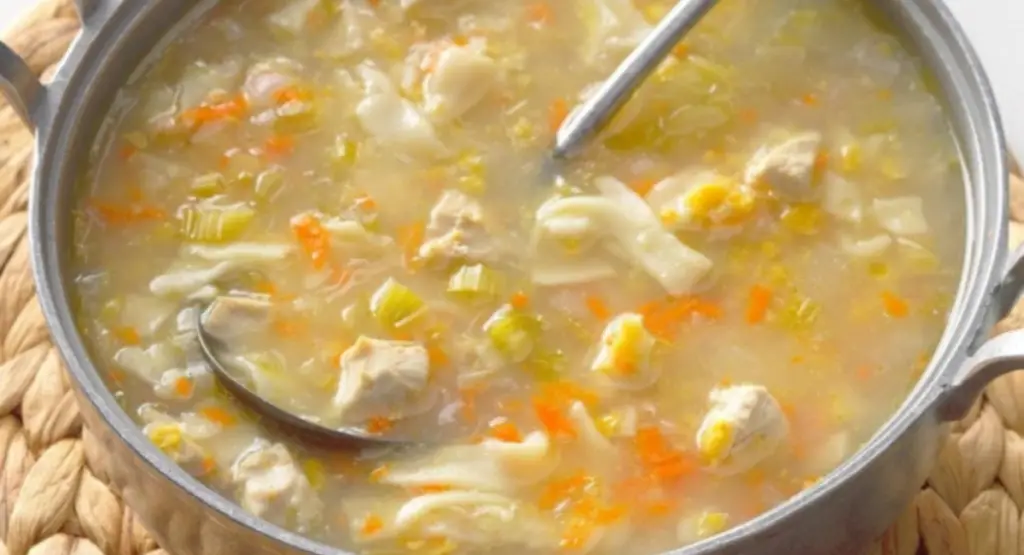
3. Skardu: A Melting Pot of Flavors
- Regional Specialties: Skardu’s cuisine reflects a fusion of Tibetan, South, and Central Asian influences. It is known for its use of barley, meat, and dairy products.
- Must-Try Dish:
- Skardu’s Balti Cuisine: Includes a variety of bread and meat dishes, often cooked in flavorful gravies.
- Local Beverages:
- Butter Tea and Milk Tea: Both are popular, with the former being a Tibetan influence and the latter more common in South Asian cuisine.
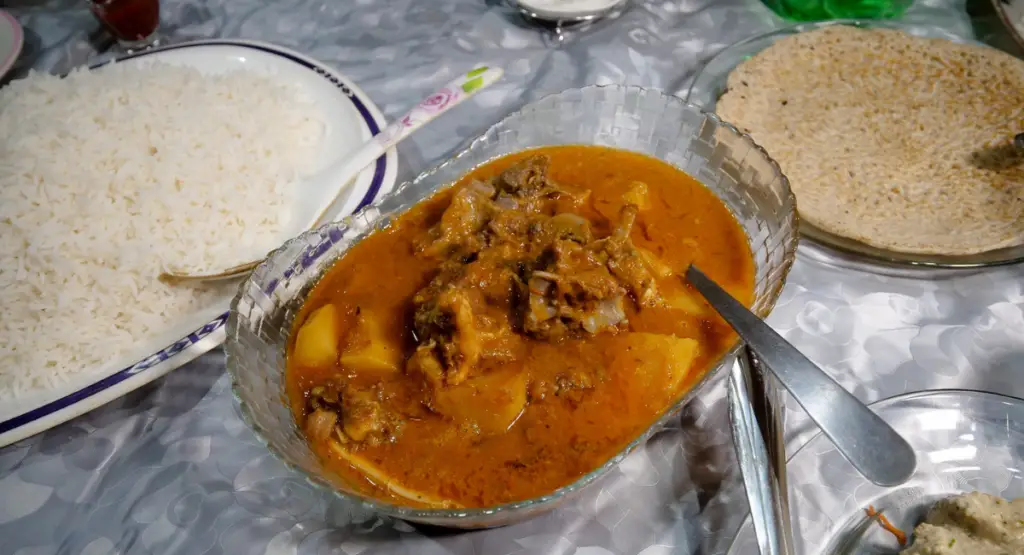
4. Towards China: Fusion of Tastes
- As the highway approaches China, the cuisine starts to reflect a blend of Chinese and Pakistani flavors.
- Must-Try Dish:
- Laghman: Hand-pulled noodles served with meat and vegetable sauce, showcasing the Chinese influence.
- Local Beverages:
- Green Tea: Reflecting the Chinese influence, it’s commonly consumed and is known for its refreshing properties.
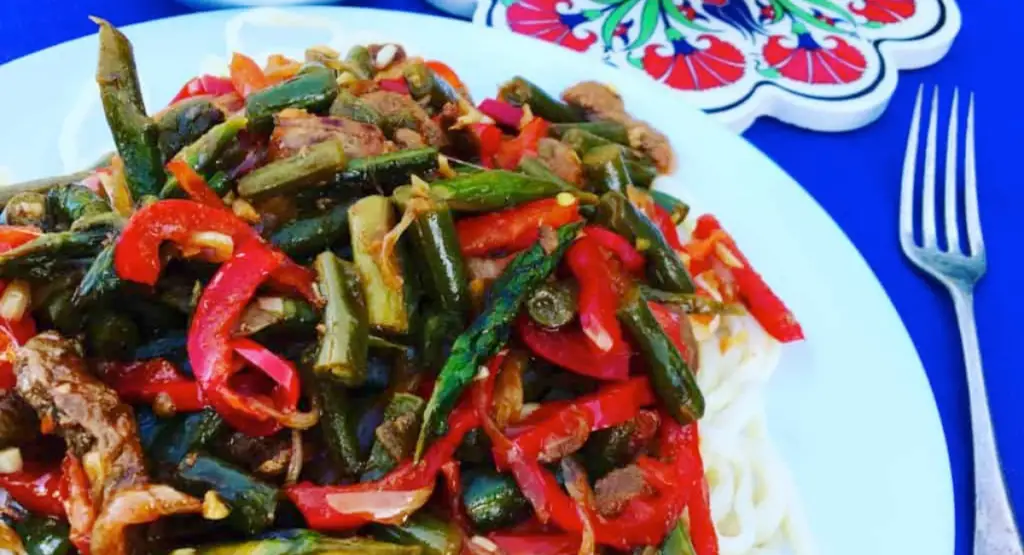
5. Passu and Gojal: High Altitude Cuisine
- Regional Specialties: In these higher-altitude areas, the cuisine is adapted to the harsher climate, with a focus on energy-rich and warming foods.
- Must-Try Dishes:
- Yak Meat Dishes: Given the prevalence of yak herding in these areas, various yak meat preparations are common, offering a unique and hearty flavor.
- Diram Fitti: A traditional bread made from buckwheat, known for its nutritive value and distinct taste.
- Local Beverages:
- Sea Buckthorn Juice: Made from the locally grown sea buckthorn, known for its high vitamin C content and medicinal properties.
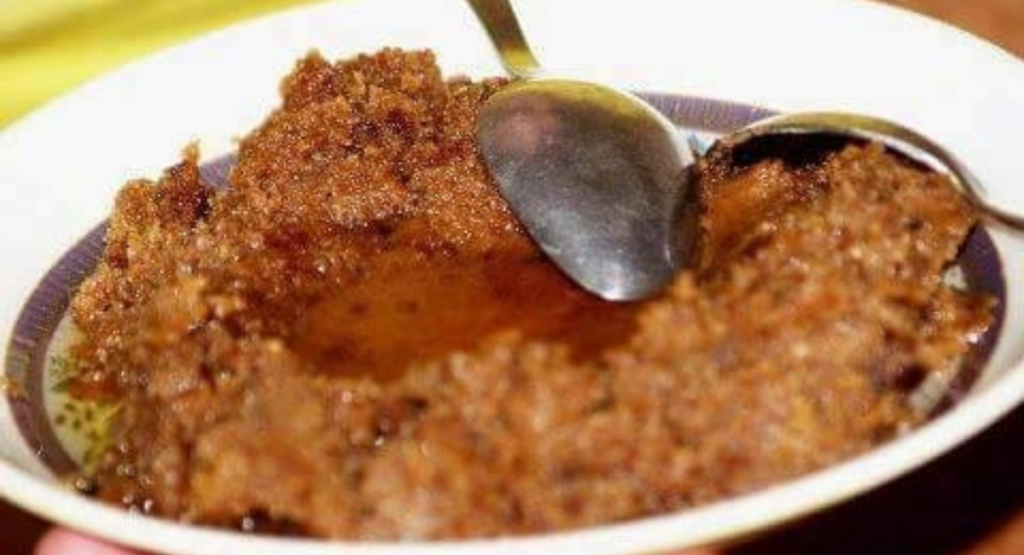
6. The Naran Valley: A Blend of Traditional and Tourist Influences
- Regional Specialties: This popular tourist destination offers a mix of traditional local dishes and more mainstream Pakistani cuisine to cater to a diverse set of palates.
- Must-Try Dishes:
- Trout Fish: Freshly caught and cooked in various styles, trout from the Naran Valley is a must-try for seafood lovers.
- Saag and Makki di Roti: A classic dish made from mustard leaves and cornbread, reflecting the traditional rural cuisine of Pakistan.
- Local Beverages:
- Kashmiri Chai: A pink, creamy tea, flavored with cardamom and garnished with nuts, popular in colder climates.
7. Khunjerab Pass: A Culinary Highpoint
- Regional Specialties: At the border of Pakistan and China, the cuisine at Khunjerab Pass showcases a blend of both cultures, with a notable influence of high-altitude cooking techniques.
- Must-Try Dishes:
- Noodle Soups: Influenced by Chinese cuisine, offering warmth and sustenance in the cold, high-altitude climate.
- Momos: Tibetan-style dumplings, a testament to the cultural blend of the region.
- Local Beverages:
- Butter Tea: A staple in this region, providing energy and warmth in the harsh climate.
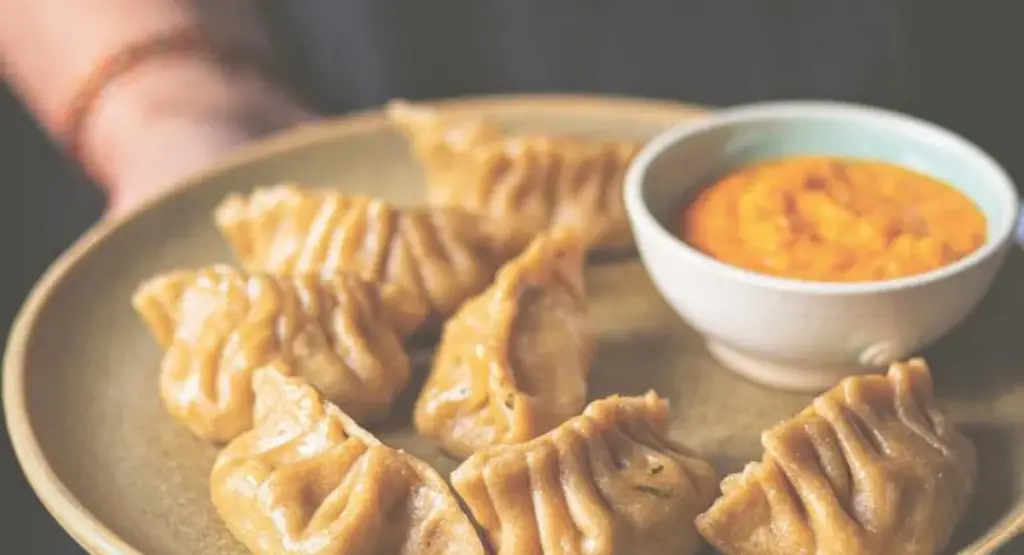
8. Local Sweets and Snacks Along the Highway
- As you travel the Karakoram Highway, don’t miss the variety of local sweets and snacks available at small eateries and roadside stalls.
- Must-Try Items:
- Bakarkhani: A sweet, layered bread, often enjoyed with tea.
- Dried Apricots and Nuts: Widely available and a perfect snack for travelers on the go.

9. Sampling Street Food in Gilgit’s Bustling Markets
- Regional Specialties: The markets of Gilgit, a major stop along the Karakoram Highway, are a hotspot for street food enthusiasts, offering a variety of local snacks and dishes.
- Must-Try Dishes:
- Gilgit Kebabs: Succulent skewers of spiced meat, grilled to perfection and served with naan or rice.
- Samosas and Pakoras: Perfect as a snack, these deep-fried delicacies are a staple in local street food, often accompanied by spicy chutneys.
- Local Beverages:
- Lassi: A popular, yogurt-based drink, ideal for refreshing oneself in the busy markets.

10. Taste of the Silk Road in Tashkurgan
- Regional Specialties: As you approach the Chinese end of the Karakoram Highway, the town of Tashkurgan offers a unique blend of Chinese, Tajik, and Pakistani flavors, a legacy of its historical position on the Silk Road.
- Must-Try Dishes:
- Polo (Pilaf): A Central Asian dish of rice cooked with carrots, onions, and meat, reflecting the region’s cultural crossroads.
- Laghman: Hand-pulled noodles served with a hearty, spiced vegetable and meat stew.
- Local Beverages:
- Chinese Herbal Teas: A variety of teas with health benefits, perfect for acclimatizing to high-altitude conditions.
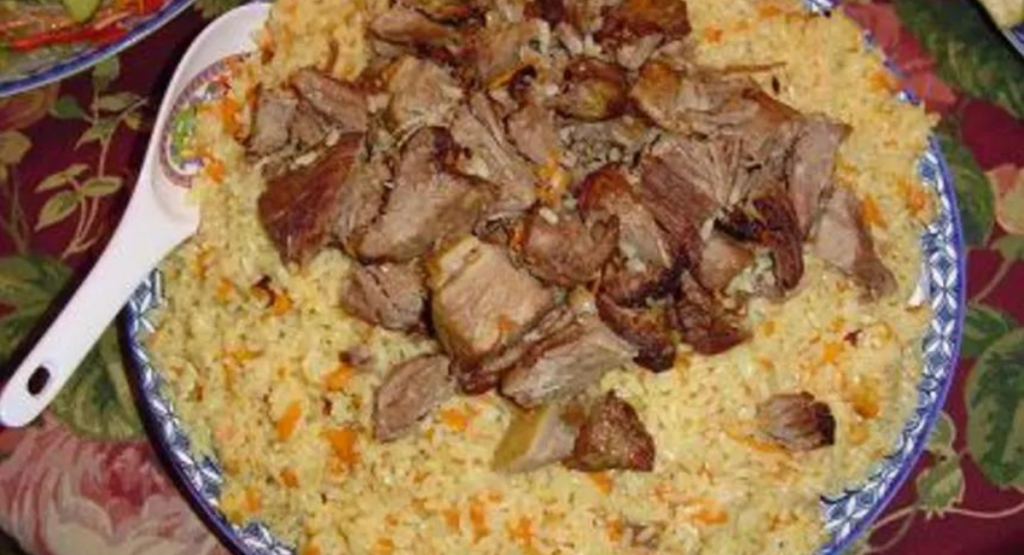
11. Tea Houses of Hunza Valley
- Regional Specialties: The tea houses in Hunza Valley offer more than just tea; they provide a glimpse into the local way of life and traditional hospitality.
- Must-Try Items:
- Hunza Walnut Cake: A dense, nutty cake that is a specialty of the region.
- Hunza Tea: A local herbal tea, often made with a blend of mountain herbs and spices, known for its health properties.

12. Exploring the Spice Trail in Kashgar
- Regional Specialties: At the far end of the Karakoram Highway lies Kashgar, an ancient city that still bears the culinary influences of the historic Silk Road.
- Must-Try Dishes:
- Uyghur Kebabs: Heavily spiced and grilled over open flames, these kebabs are a testament to the region’s rich culinary history.
- Nang Bread: A type of flatbread that is a staple in Uyghur cuisine.
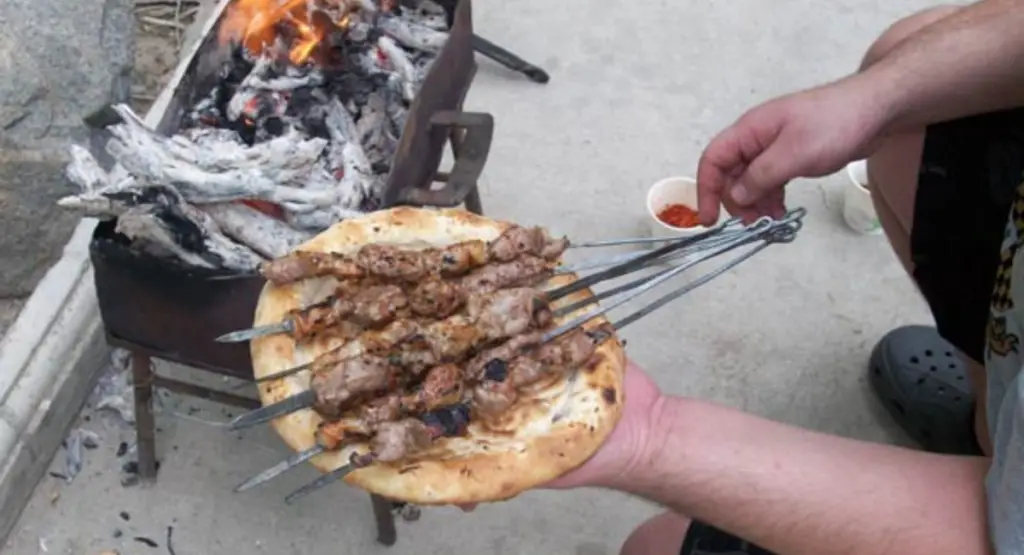
13. Savoring the Flavors of Sost: A Culinary Gateway
- Regional Specialties: Sost, the last major town in Pakistan on the Karakoram Highway before the Chinese border, presents a unique blend of Pakistani and Chinese cuisines.
- Must-Try Dishes:
- Spicy Noodles: Often served with a mix of local vegetables and meats, showcasing the fusion of Pakistani spices and Chinese cooking styles.
- Mantu: Steamed dumplings that are a testament to the Chinese influence in the region.
- Local Beverages:
- Karak Chai: A strong, spiced tea that is a staple in the region, perfect for the cold climate.
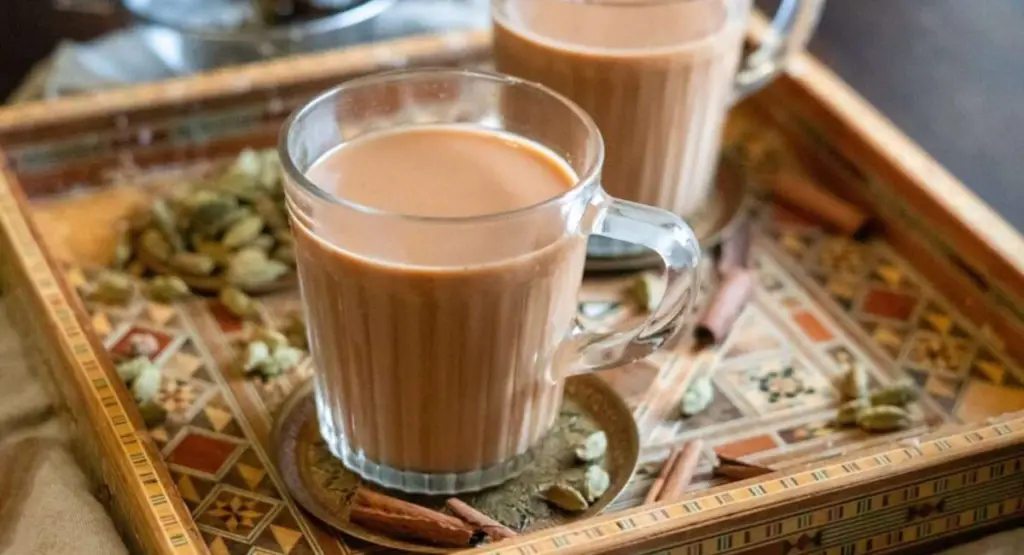
14. The Delights of Rakaposhi Base Camp
- Regional Specialties: Situated along the Karakoram Highway, the area around Rakaposhi Base Camp offers traditional mountain cuisine, made with fresh, locally-sourced ingredients.
- Must-Try Dishes:
- Mountain Trout: Freshly caught from the nearby streams and rivers, often grilled or cooked in a spicy curry.
- Barley Porridge: A hearty and nutritious dish that provides the necessary energy for trekking and exploring the area.
- Local Beverages:
- Mountain Herbal Tea: Made with a blend of local herbs, it’s both refreshing and believed to have medicinal properties.
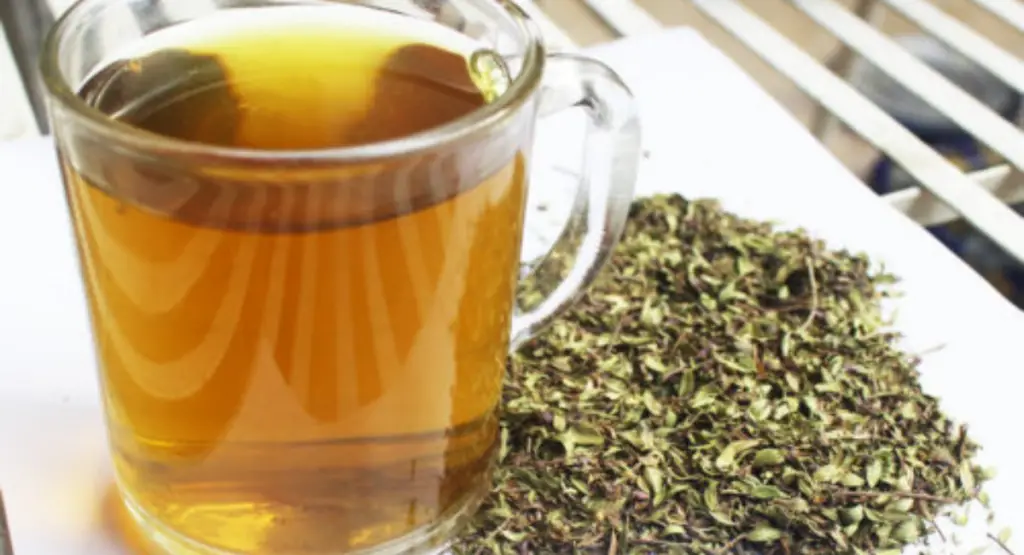
15. Culinary Comforts in Attabad Lake
- Regional Specialties: The serene Attabad Lake, formed after a massive landslide, is not just a scenic spot but also a place to enjoy some local culinary delights.
- Must-Try Dishes:
- Grilled Fish: Sourced from the lake, offering a fresh and light dining option.
- Local Flatbreads: Served with a variety of dips and side dishes, perfect for a lakeside meal.
- Local Beverages:
- Fruit Juices: Freshly prepared from local fruits, offering a sweet and refreshing treat.
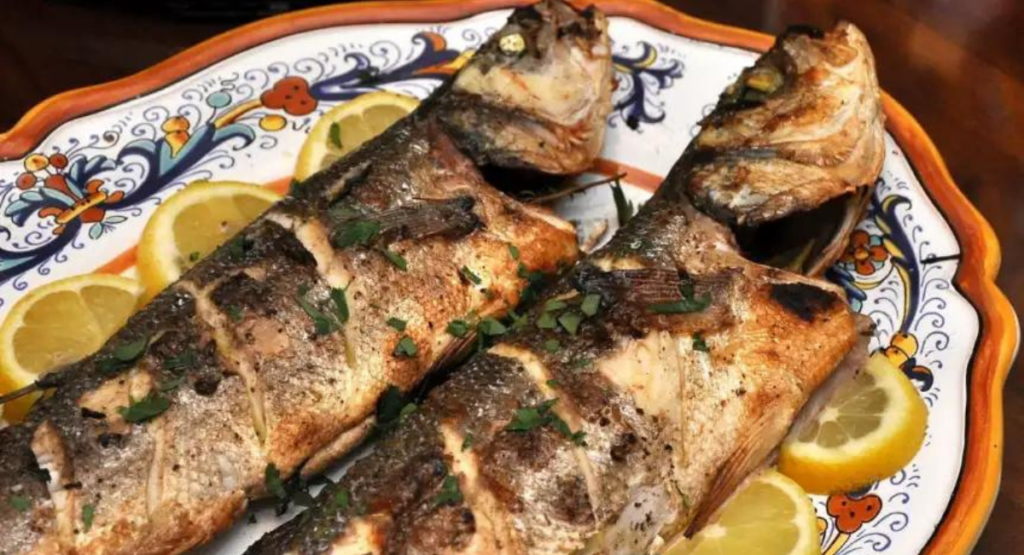
16. Gastronomy in the Shadow of K2
- Regional Specialties: The area around the base of K2, the world’s second-highest mountain, offers a unique culinary experience, with dishes designed to provide warmth and energy in the extreme climate.
- Must-Try Dishes:
- Yak Butter Tea: A high-calorie, warming beverage that is a staple among climbers and locals alike.
- Tsampa: Roasted barley flour mixed with butter and water, a traditional and energizing meal.
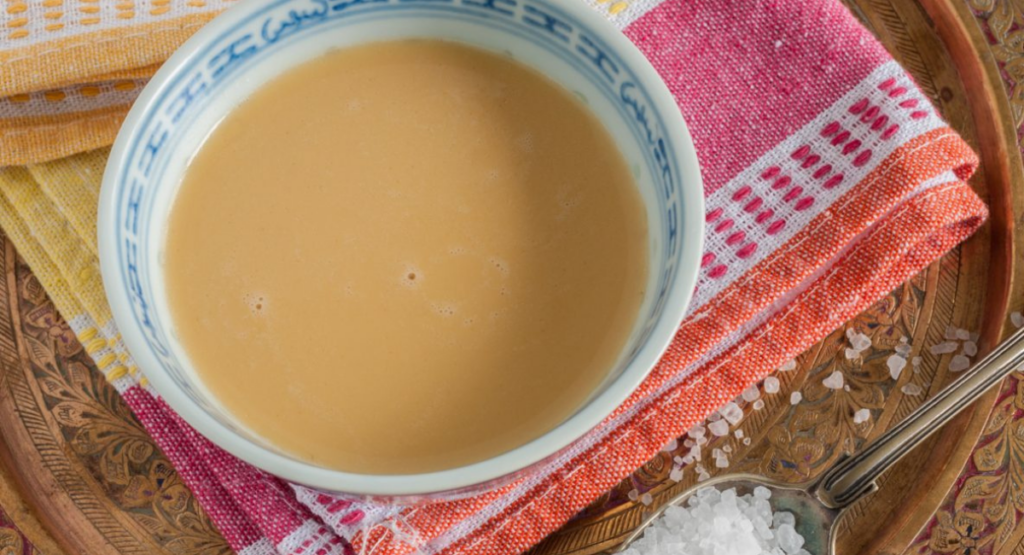
Conclusion
The Karakoram Highway is a journey through a mosaic of culinary experiences, each region offering dishes that are a testament to its cultural heritage and natural bounty. From the hearty meat-filled pastries of Gilgit-Baltistan to the fresh, organic delicacies of Hunza and the fusion flavors near the Chinese border, this route is a paradise for foodies looking to indulge in authentic and diverse cuisines. As you travel this magnificent road, let your taste buds be as adventurous as your spirit, diving into the myriad of flavors that define the Karakoram Highway.

